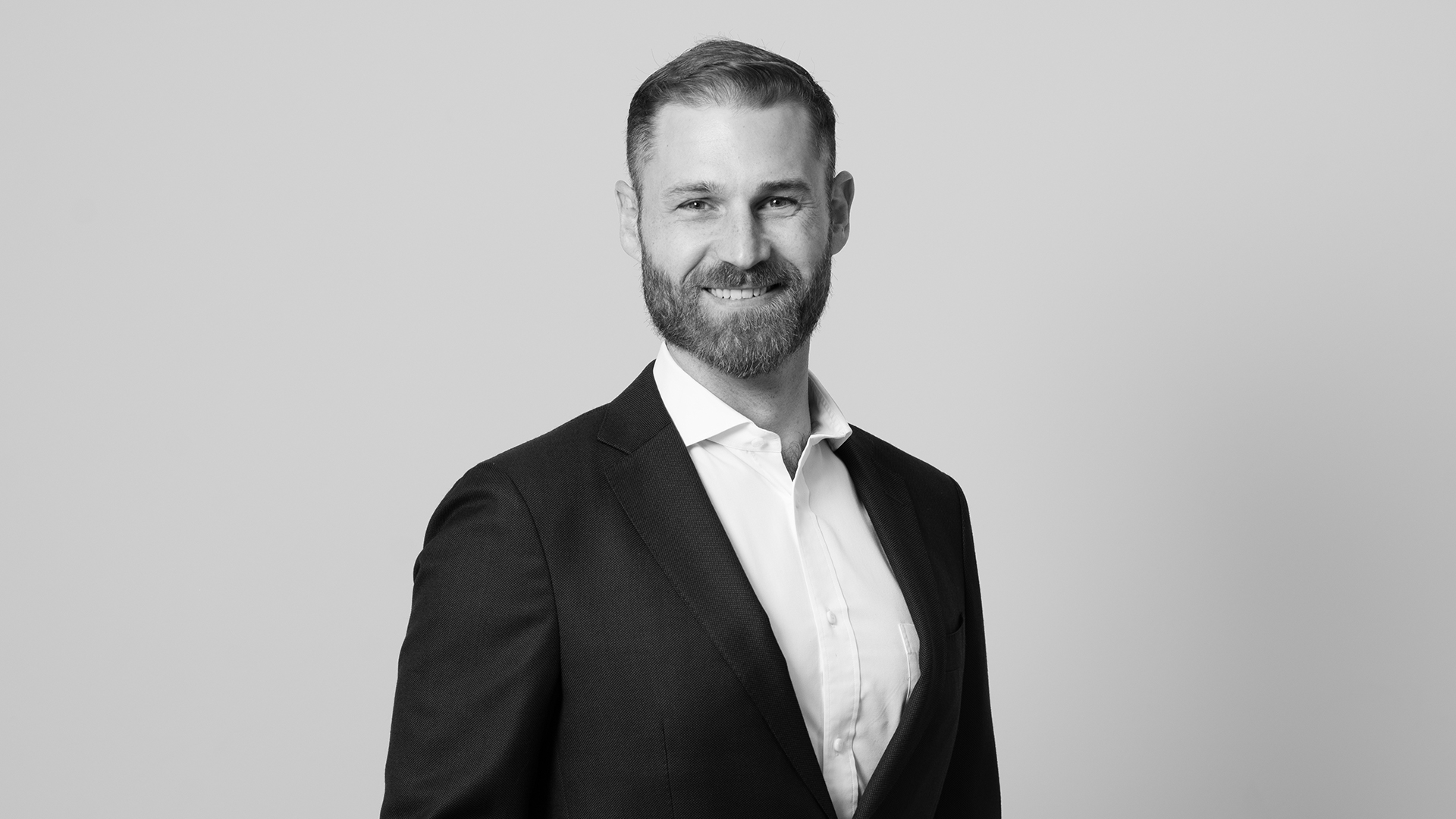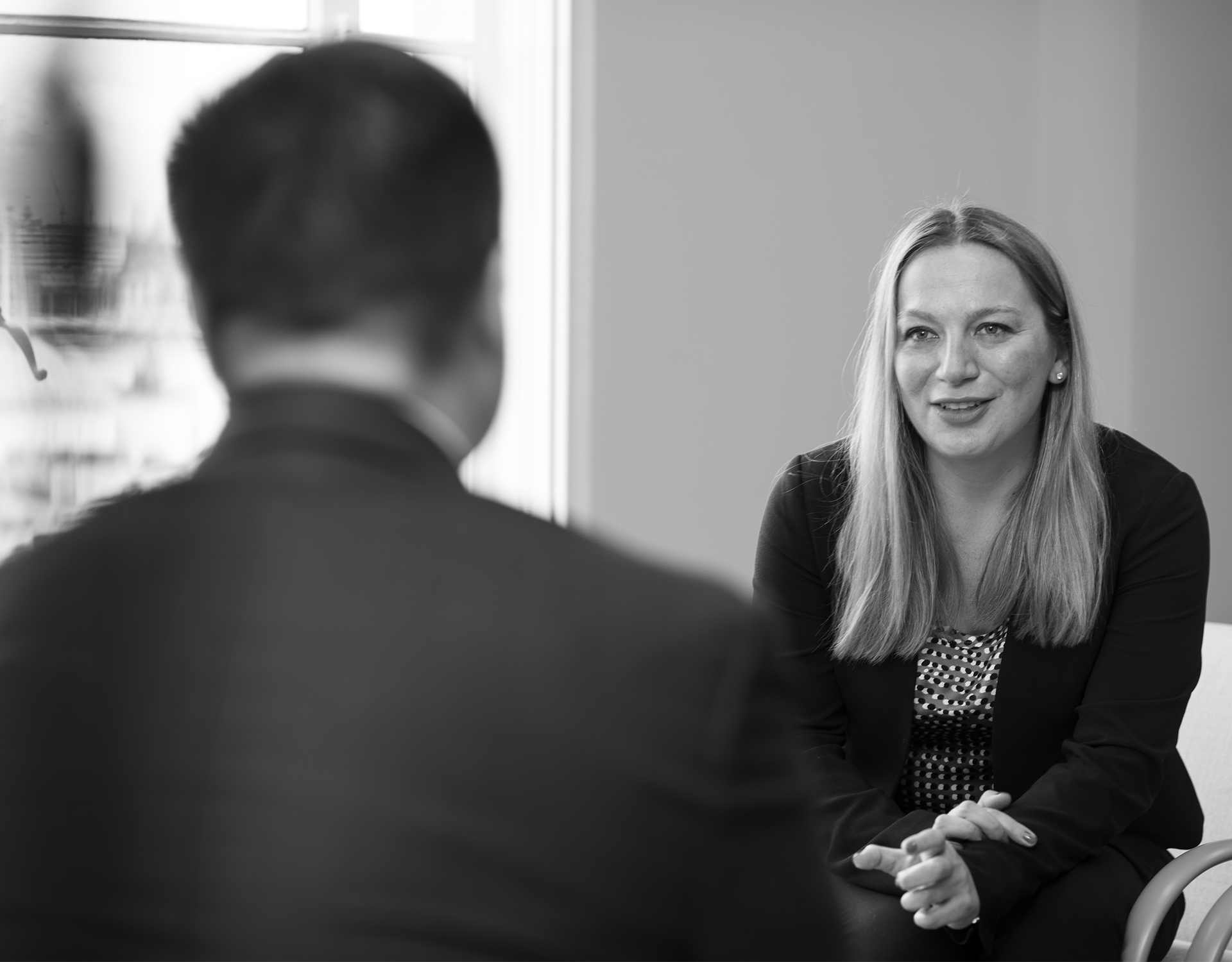In March of 2019, Burford gathered leading London lawyers and arbitrators for a roundtable to discuss the city’s continued evolution as an arbitral center. Excerpts of their conversation, co-moderated by Burford’s Elizabeth Fisher and Craig Arnott, are gathered below.
We’re grateful to the participants for their willingness to share their perspective and time.
Thomas Sprange QC, London Managing Partner, King & Spalding
Sylvia Noury, Partner and Head of International Arbitration London, Freshfields
George Burn, Partner and Co-Leader International Arbitration, Bryan Cave Leighton Paisner
Justin Williams, Partner and Head of International Arbitration, Akin Gump
Paul Brumpton, Partner, White & Case
Jane Wessel, Partner, Arnold & Porter
Chris Parker, Partner, Herbert Smith Freehills
Janet Whittaker, Partner, Clifford Chance
Hamish Lal, Partner, Akin Gump
How do you anticipate parties mitigating the rising cost of international arbitration—and what role can arbitration finance play?
Jane Wessel: I was an early adopter of financing: Over the last ten years, financing has been valuable in big commercial arbitrations, and also particularly in competition damages claims. What I’m seeing more and more of is that companies want to take the risk out of their P&L and they want certainty. They know there is a potential pot of gold at the end of the rainbow, but they don't want to pay to be on the rainbow. As a result, very large corporates—companies with enough money in their coffers that the litigation costs would not even be a blip in their budgets—are making the decision at board level to de-risk their litigation through some form of funding arrangement, whether with a large funder such as Burford or in some cases private equity arrangements.
Funders are in business to invest money and make a respectable return. However, in my experience, they don’t want to end up with the client being unhappy about the funder’s share of the take. It's in the funder’s interest to make sure that the case is conducted as efficiently as possible. Therefore, funders typically keep a very close watch and ask lots of questions about legal spend along the road--as they should.
Sylvia Noury: Funders really demand value for money. A funder will look at your budget and spends and ask challenging questions from the outset, because many of them have been inside law firms and they know how it works. I’ve found this additional layer of examination to be eye-opening for everyone. It forces you to have a discussion before even launching proceedings about the value added by each step and the potential benefit of devoting additional money to the case.
George Burn: I completely agree that the dynamics of working with a funder are great. You have a sounding board throughout your case, someone who really understands where you are coming from and understands the strategic and tactical decisions that need to be made. It's an entirely positive relationship.
Funders do take their budgets very seriously, so the budget is set on day one. That experience has taught with me how important it is to have early and honest conversations with clients about the ultimate cost of financing in a winning scenario, especially where the quantum is lower. If the ultimate award is lower by orders of magnitude than the claim, the lawyer needs to manage client expectations and point out how the waterfall structure in a typical funding agreement works. Being very realistic at the early stages is critical.
Hamish Lal: Litigation funding has really made lawyers focus on costs and money. We are all pretending that we suddenly understand finance and commercial outcomes, but in reality, litigation funding has made every lawyer look at the case in terms of overall efficiency, financial outcome and so on.
Chris Parker: I think the question of the role financing can play is a much broader issue than advocating controlling costs in arbitration. One thing that is important here though is law firm funding—either in conjunction or in competition with funding. There is a trend towards law firms taking on a really significant part of the risk. If you are really looking at how to incentivize law firms to control costs, well, that's number one on the list.
Hamish Lal: But there are certain costs that you can’t control as a law firm. The majority of the cost escalation results either from the tribunal making orders that may not necessarily be needed or from the number of experts thought to be needed but which do not unlock the case.
Thomas Sprange: Litigation funding is to me a bit like what the jet engine did for plane travel compared to the piston engine: It's much better and it's much faster and, yes, it can be scary. Like every positive, scary new thing, it raises its own set of issues. But, let's make no mistake: The advent of litigation finance is fabulous for lawyers. There are more cases being funded and more people who couldn't bring cases bringing them. Litigation finance has also made us better lawyers for clients. When I've got a funded case, I want to get really good efficient people—not just good lawyers who can write eight-page memos or who can battle. I find the teams that fund cases tend to be leaner.
Sylvia Noury: I sat in a meeting with a funder who was selling funding to a client, and listening to how the funder sold themselves—and our firm—to the client was very instructive. The funder had prepared statistics about our success rates and basically said: “Yes, Freshfields are expensive, but this is why you want them anyway—it’s a good investment of our money.” It was the best sell job of Freshfields I have ever seen.
How do you foresee broad acceptance of outside finance impacting the arbitration landscape?
Sylvia Noury: In the context of BIT claims which are lengthy and expensive proceedings, we always discuss funding—as a lawyer, you’re not doing your job properly if you don't. You have to be realistic about costs and timing and properly advise your clients about funders who can help. I increasingly find that the blue-chip companies are interested in financing for reasons like de-risking and increasing pressure on legal budgets. But for companies that just don't have budgets or legal teams for protracted arbitration, funding can be a no-brainer.
Thomas Sprange: I find a lot of companies now will come to their lawyer and say, “I’ve spoken to these three funders—who do you think I should use?” In other words, the clients are starting the conversation about funding rather than us introducing the idea.
The ICC has reported that in 2017 (the most recent year for which full data is available), only 16.7 percent of arbitrators were women. What do you think contributes to this disparity?
Janet Whittaker: One possible reason is the relatively smaller number of senior women without conflicts. Interestingly, the institutions tend to do a much better job of appointing women than individual parties do—the institutions actively try to appoint women arbitrator candidates, whereas statistics show that parties are lagging behind.
Sylvia Noury: The Steering Committee of the Equal Representation in Arbitration Pledge, which I co-chair, has gathered all the stats on this and while there remains a serious gender gap in arbitral appointments, the stats are getting better. To take the SCC as an example, where I sit on the Board, in 2017, 37 percent of appointments by the SCC itself were women. That’s a remarkable achievement—but by comparison, only 8 percent were women when the parties appointed and zero percent were women when the co-arbitrators appointed.
I put the reasons for this continued disparity into three buckets. One is the lack of accountability and oversight: no governing or regulatory body that is looking at lists when it’s the parties appointing arbitrators. Second, there is the problem of unconscious bias, which may affect peoples’ expectations of what makes a great arbitrator. This can include old-fashioned perceptions of stature and influence over the Chair, which veer towards male trails. Finally, there is some element of what I will call laziness, of which I too have been guilty in the past. In putting forward arbitrator candidates, we often rely on too much word of mouth, and recommendations are most easily made from experience. This has led in the past to a vicious circle of the same people—most of whom were men—being recommended again and again. Working from a list of people known to your senior partners makes it easy to justify your recommendation to your client. By contrast, it takes time to first identify a new list of qualified women and then do extra due diligence to justify the list to your client. GAR once wrote something to the effect of, “Nobody’s going to get fired for appointing Johnny Veeder QC” which I think says a lot (not disputing for a moment that Johnny Veeder is indeed a great arbitrator!).
Justin Williams: The gender gap also needs to be looked at in a broader context, rather than just in the specific context of arbitration. How law firms and the bar deal with issues of trying to retain women and to promote women to senior positions needs to be addressed. Because only through that do you have a broad range of women in senior positions.
George Burn: I think the work that Sylvia has done around The Pledge and the work that ArbitralWomen have done is absolutely excellent and has made a superb contribution to actually strengthening practice because there should be bigger pools of arbitrators. It's frankly a lie that we've told for many years that you can only choose from a very narrow band of candidates.
Sexism in our field exists alongside other types of prejudice. There are issues around race, class, ability and disability, sexuality and the regions from which people come. I admire all the work that is done to deal with gender prejudice, but I do think that we need to be very realistic about other ways that we are duking the system without even meaning to do it.
Sylvia Noury: I completely agree with the idea that there needs to be a broader focus on all forms of diversity. But what we are seeing is that in focusing on women we are opening people’s eyes to the idea that they should appoint someone who is qualified for the job irrespective of other irrelevant criteria, be that gender or race. And so, I do think that there is a broader halo around this for all forms of diversity because what we are saying is—stop being lazy.
Thomas Sprange: I think that some courage is required. Let's face it, some male arbitrators are their best PR agents: They are charming and outgoing and you will hear about everything they are doing in the first five minutes of speaking to them. But in my observation female arbitrators tend to be less self-promotional. So, you have to be courageous enough not to make a decision based on all that you hear.
Chris Parker: Beyond this, there are brilliant female arbitrators that many people will not have seen. They haven’t been appointed as an arbitrator in the same way that Johnny Veeder been appointed many times. So, you have got to be courageous and recommend them based on your other experience of them.
George Burn: You’ve got to be brave with your client and say I haven’t seen them, but they are fabulous, and this is why they are top of my list.
With The Equity Project Burford has provided an economic incentive to help close the gender gap in law. How do you see initiatives like this helping to close the gender gap in law?
Thomas Sprange: For me, the word “led” is very important, because I see a number of cases where a male lawyer that turns up to the first meeting and then tries to hog most of the hearing so that others assume he's leading that case. Meanwhile, there will have been five female lawyers doing all the hard work and the strategy and seeing all the witnesses, doing the hard parts of the cross-examination and the submissions. But because these women do so without drawing attention to themselves, the case would be tagged as a male-led when it’s not.
Chris Parker: I think it is great that you are doing this, and I haven't seen anyone else doing anything similar. I think it really depends for me on ultimately what you do with it. For example, in my firm, if you use it to fund a case that Paula Hodges QC is running then that's not really helping, because she's already made it. What we really need to do is help less-established women.
I think if the capital is being used to fund women who aren't partners, that for me would be fantastic. Additionally, Burford has an opportunity to push on all the cases you fund: You can point out when a shortlist only contains men and suggest other ideas.
Justin Williams: You do have some soft influence when funding so if you are asking those questions, I think clients and law firms will listen.
This is Part II of the London Arbitration Roundtable.




